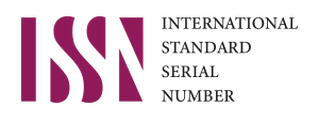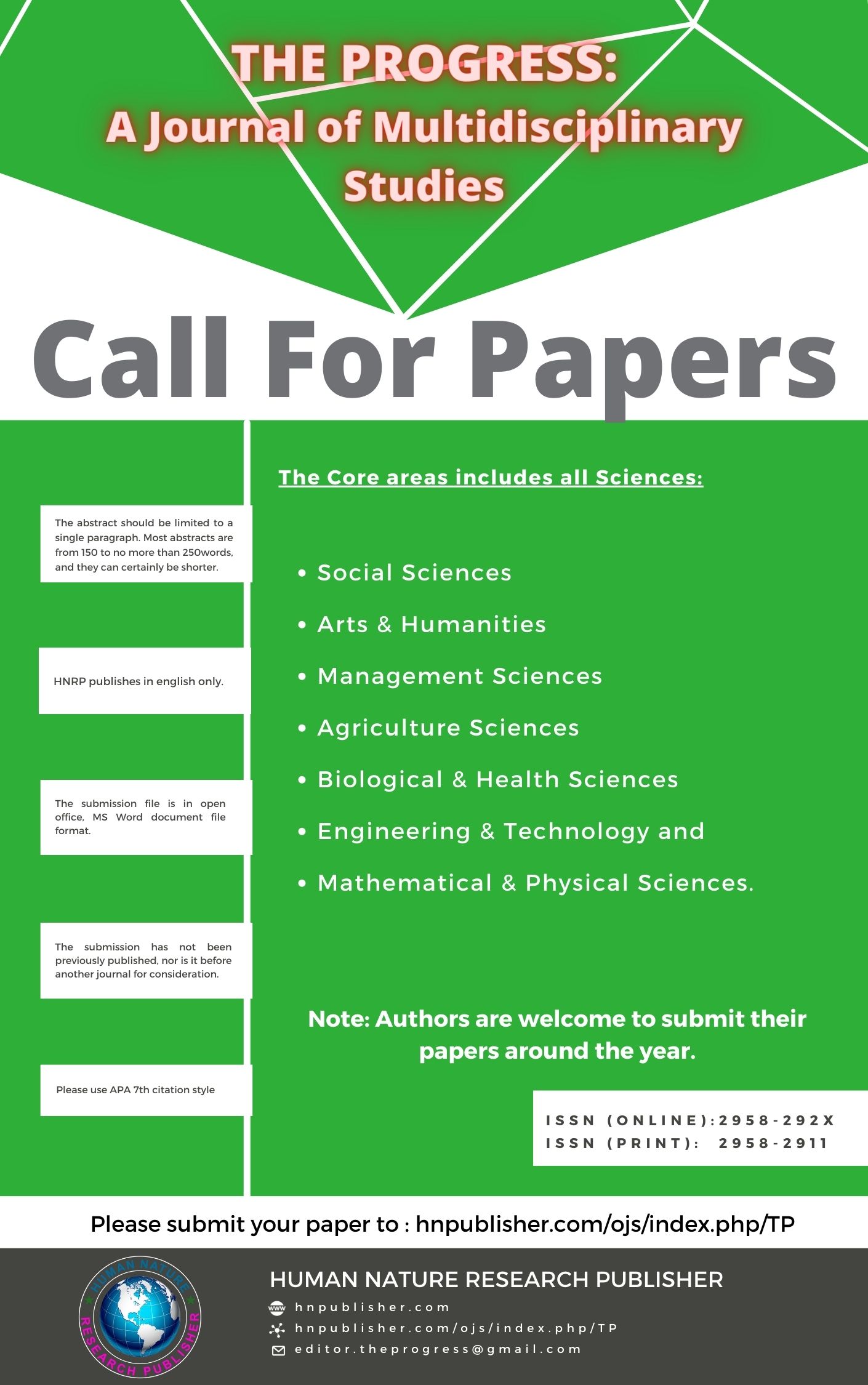Community Perception and Constraints to the Expanded Program on Immunization (EPI) in Peshawar, Pakistan: A Public Health Perspective
DOI:
https://doi.org/10.71016/tp/nch35s79Keywords:
Expanded Program on Immunization, Immunization coverage, vaccine reluctancy, public health, socioeconomic barriers, healthcare accessibilityAbstract
Aim of the Study: This study explores the community perceptions regarding the Expanded Program on Immunization (EPI) in District Peshawar, Pakistan, and to identifies the major constraints that deter its effective executions.
Methodology: A quantitative cross-sectional design was employed; data were collected from 379 respondents across five tehsils in District Peshawar. Participants included parents, healthcare providers, religious scholars, and community elders. A structured questionnaire was used to measure perceptions, barriers, attitudes and practices toward immunization. The univariate and bivariate data analyses were carried out by using SPSS version 26, and the chi-square tests were also applied to determine correlations between dependent and independent variables.
Findings and Results: The study findings make known that while the majority of participants acknowledge the safety and religious acceptability of vaccines, substantial obstacles persist. These include vaccine reluctance driven by misinformation, religious misconceptions, lack of outreach services, and socioeconomic disparities, particularly in underserved areas. Data showed strong associations between immunization status and factors such as parental education, household income, gender roles, and access to health facilities. Respondents from higher-income households and those with better accessibility to health care facilities had a higher probability of having their children vaccinated.
Conclusion: The study stresses the necessity of focused policy interventions, enhanced awareness, and improved community engagement to strengthen EPI implementation and reduce the prevalence of diseases that can be prevented by vaccination in the region, particularly in marginalized communities.
Downloads
Published
Issue
Section
License
Copyright (c) 2025 Muhammad Imtiaz, Prof. Dr. Anwar Alam, Fahad ul Mulk (Author)

This work is licensed under a Creative Commons Attribution-NonCommercial 4.0 International License.








